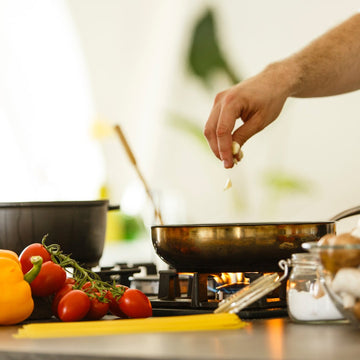Buy your weekday smoothies and get your weekend ones for free. (7 for the price of 5!)

How Much Caffeine is in Kombucha?
This is one of the number one questions I get when I'm out at farmers' markets. Many people are sensitive to caffeine so are wary of any product that is made with black or green tea.
Let's break it down on why caffeine is needed and how much is left over once the fermentation process is done.
Why does kombucha need caffeine in the first place? Caffeine provides an essential ingredient (nitrogen) that helps the bacteria and yeast grow and kickstarts the fermentation process. They munch on the caffeine and other stuff in the tea to create that fizzy, tangy goodness we love.
Many people try brewing kombucha at home using herbal teas to avoid caffiene. While this may work for a bit, eventually the SCOBY (Symbiotic Culture of Bacteria and Yeast) will suffer. Want to avoid other common homebrewing mistakes? Download our FREE guide:
How much caffeine is left after making kombucha? The cool thing is, as these little organisms work their magic during fermentation, they break down a lot of the caffeine. So, after waiting patiently for your kombucha to brew, it ends up with less caffeine than the tea you started with.
Now it should be noted that some kombucha companies use tea, such as matcha, making the end product have more zing than others. Please read nutritional labels.
So, how much caffeine is left exactly? It's a bit tricky to give an exact number because it depends on factors like how long you let it ferment and the type of tea you use. On average, though, kombucha might keep about 15-30% of the original caffeine from the tea.
Why does this matter? Well, if you're trying to cut back on caffeine but still want a tasty, bubbly drink, kombucha could be your buddy. It's like getting the best of both worlds – the flavor and potential health benefits of tea without as much caffeine.
Keep in mind: If you're super sensitive to caffeine, pay attention to how your body reacts to kombucha. And if you're brewing it at home, feel free to experiment with different teas to find a caffeine level that suits you.
Bottom line: Kombucha is a bit like a caffeine makeover for tea, making it a refreshing choice for those who want something bubbly with potential health perks and less kick from caffeine.
How Much Caffeine is in Kombucha?

This is one of the number one questions I get when I'm out at farmers' markets. Many people are sensitive to caffeine so are wary of any product that is made with black or green tea.
Let's break it down on why caffeine is needed and how much is left over once the fermentation process is done.
Why does kombucha need caffeine in the first place? Caffeine provides an essential ingredient (nitrogen) that helps the bacteria and yeast grow and kickstarts the fermentation process. They munch on the caffeine and other stuff in the tea to create that fizzy, tangy goodness we love.
Many people try brewing kombucha at home using herbal teas to avoid caffiene. While this may work for a bit, eventually the SCOBY (Symbiotic Culture of Bacteria and Yeast) will suffer. Want to avoid other common homebrewing mistakes? Download our FREE guide:
How much caffeine is left after making kombucha? The cool thing is, as these little organisms work their magic during fermentation, they break down a lot of the caffeine. So, after waiting patiently for your kombucha to brew, it ends up with less caffeine than the tea you started with.
Now it should be noted that some kombucha companies use tea, such as matcha, making the end product have more zing than others. Please read nutritional labels.
So, how much caffeine is left exactly? It's a bit tricky to give an exact number because it depends on factors like how long you let it ferment and the type of tea you use. On average, though, kombucha might keep about 15-30% of the original caffeine from the tea.
Why does this matter? Well, if you're trying to cut back on caffeine but still want a tasty, bubbly drink, kombucha could be your buddy. It's like getting the best of both worlds – the flavor and potential health benefits of tea without as much caffeine.
Keep in mind: If you're super sensitive to caffeine, pay attention to how your body reacts to kombucha. And if you're brewing it at home, feel free to experiment with different teas to find a caffeine level that suits you.
Bottom line: Kombucha is a bit like a caffeine makeover for tea, making it a refreshing choice for those who want something bubbly with potential health perks and less kick from caffeine.






